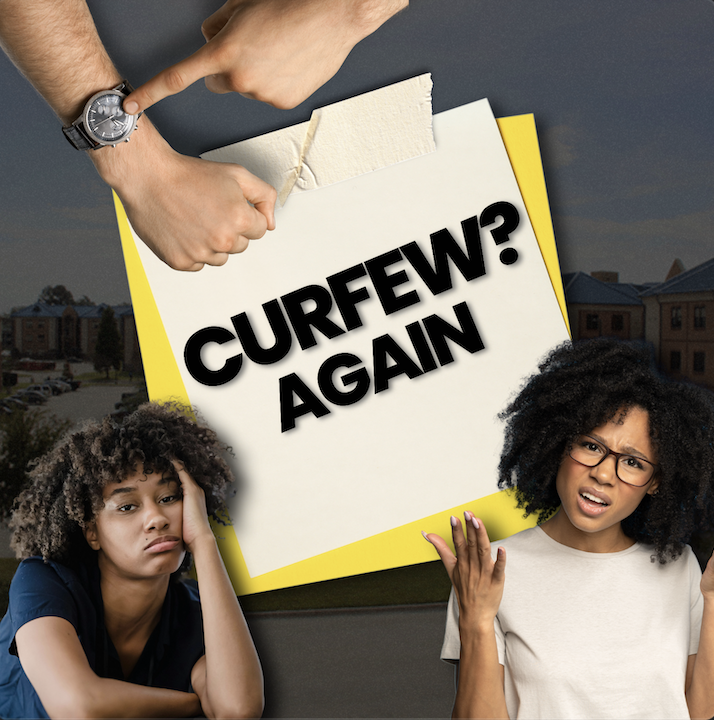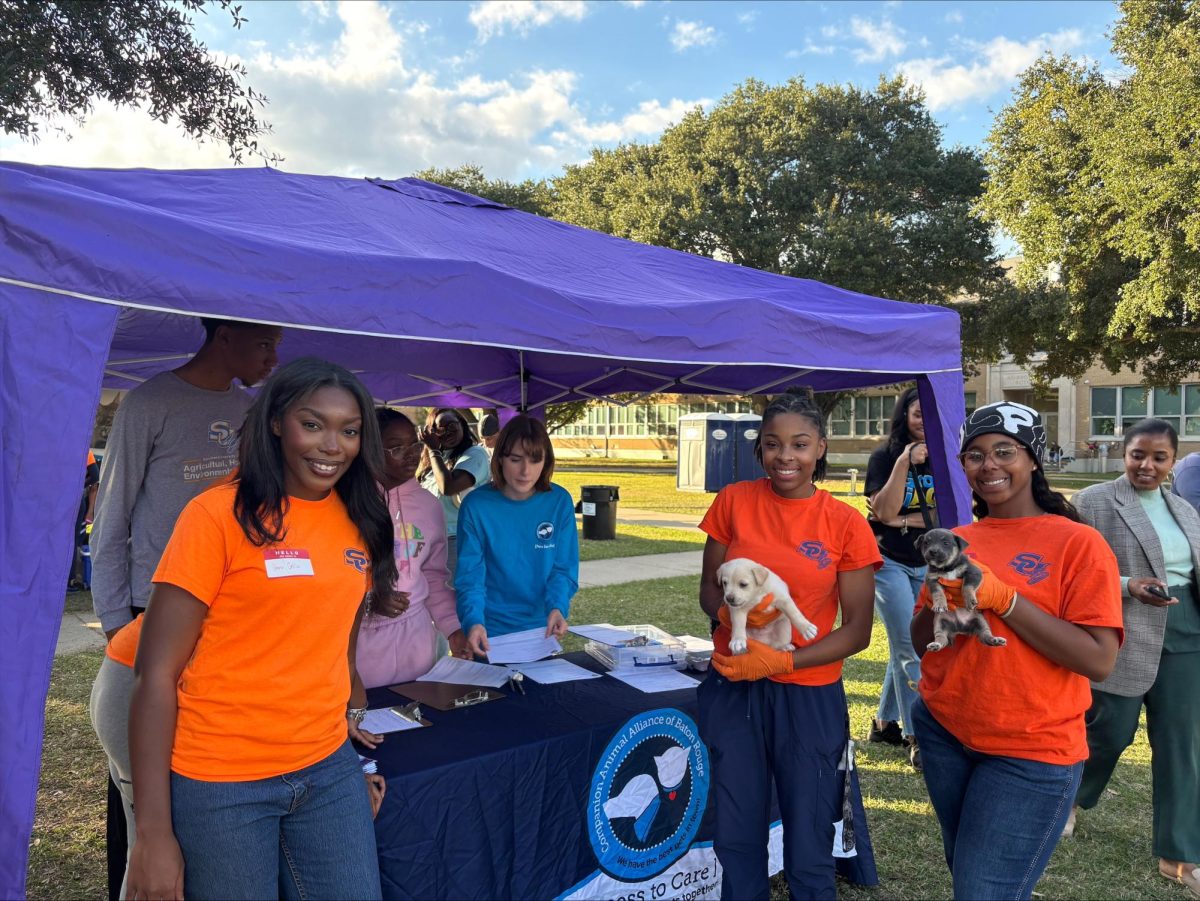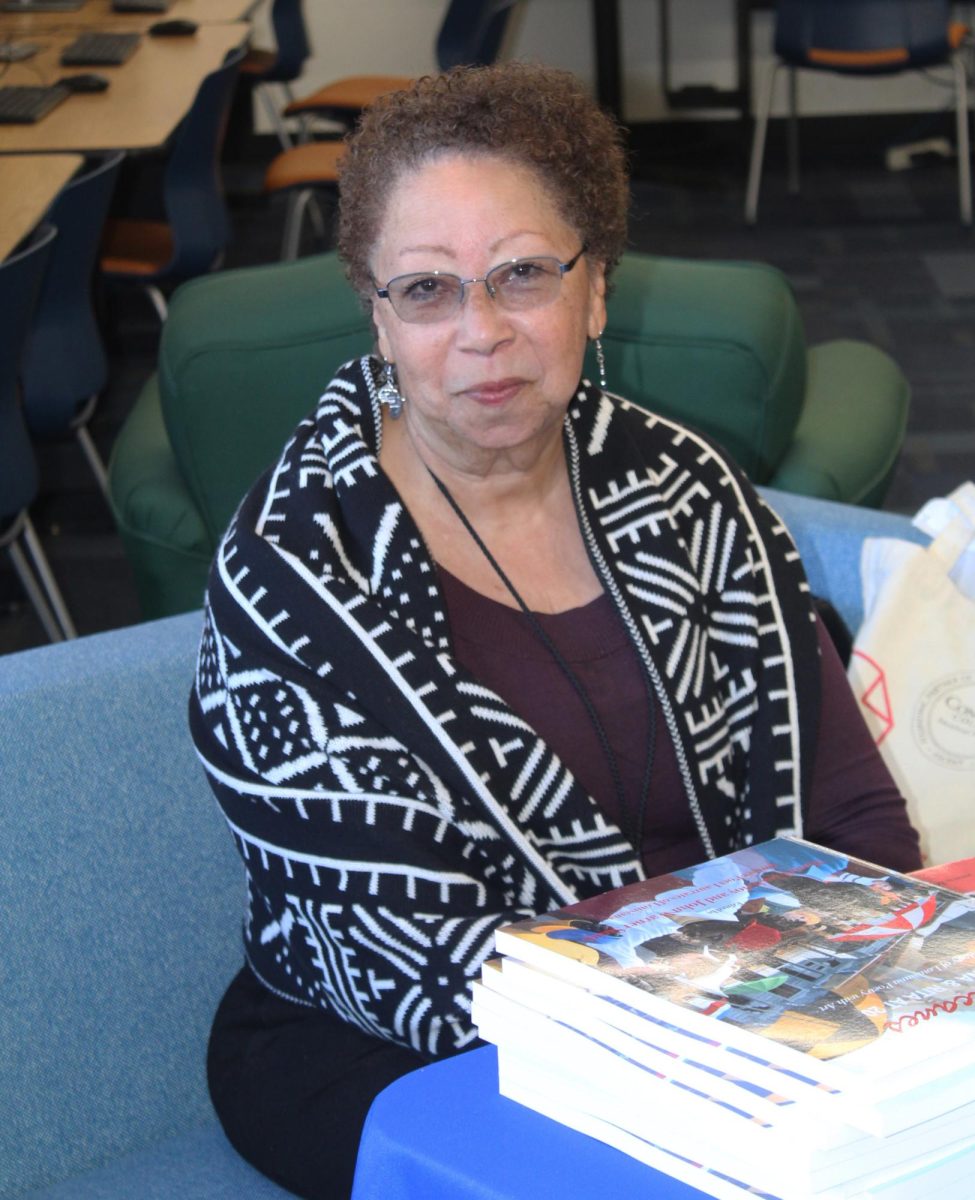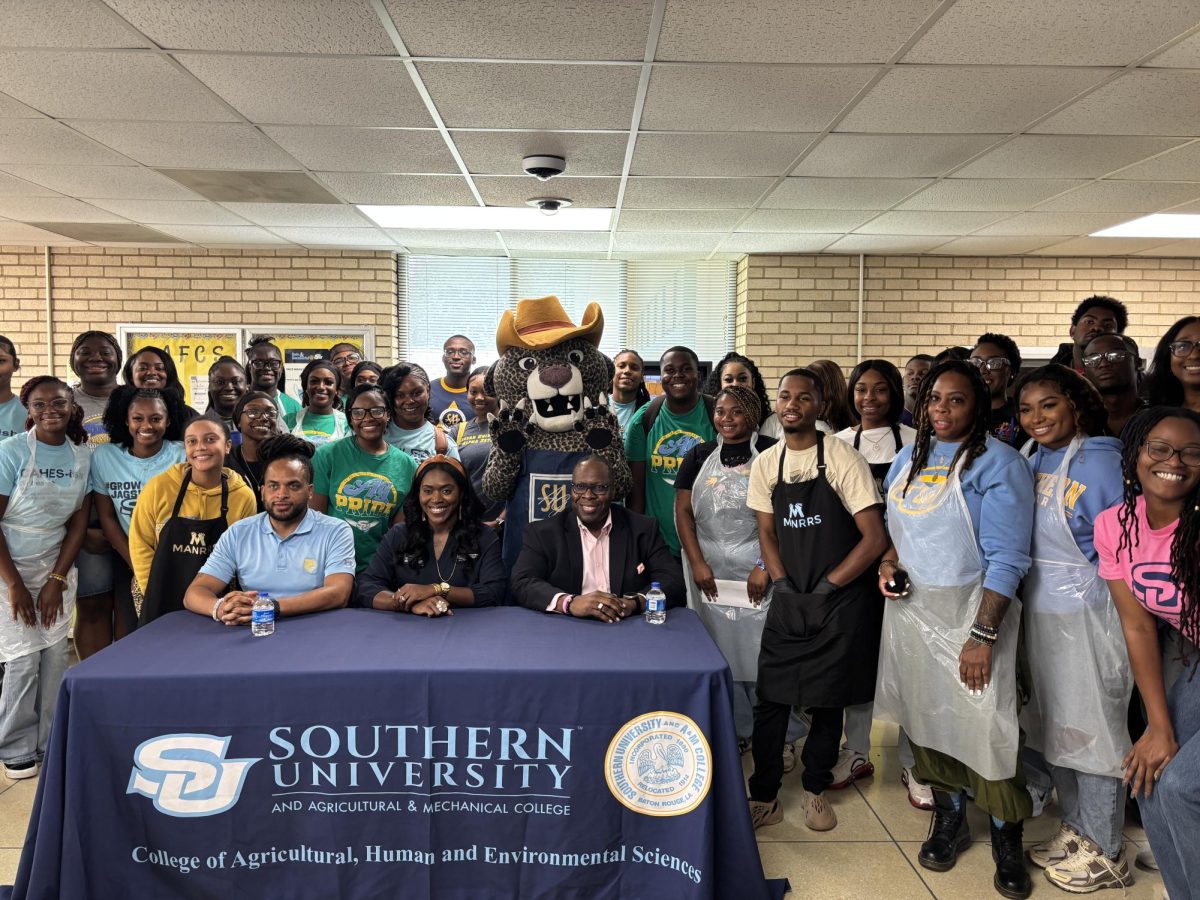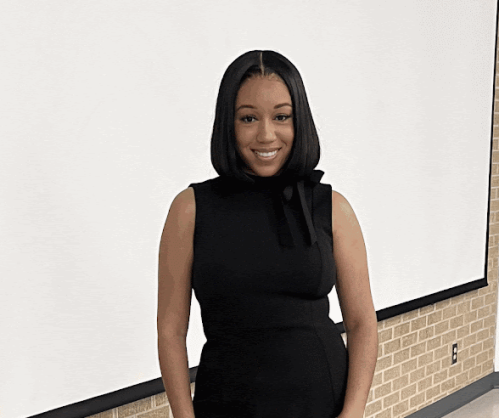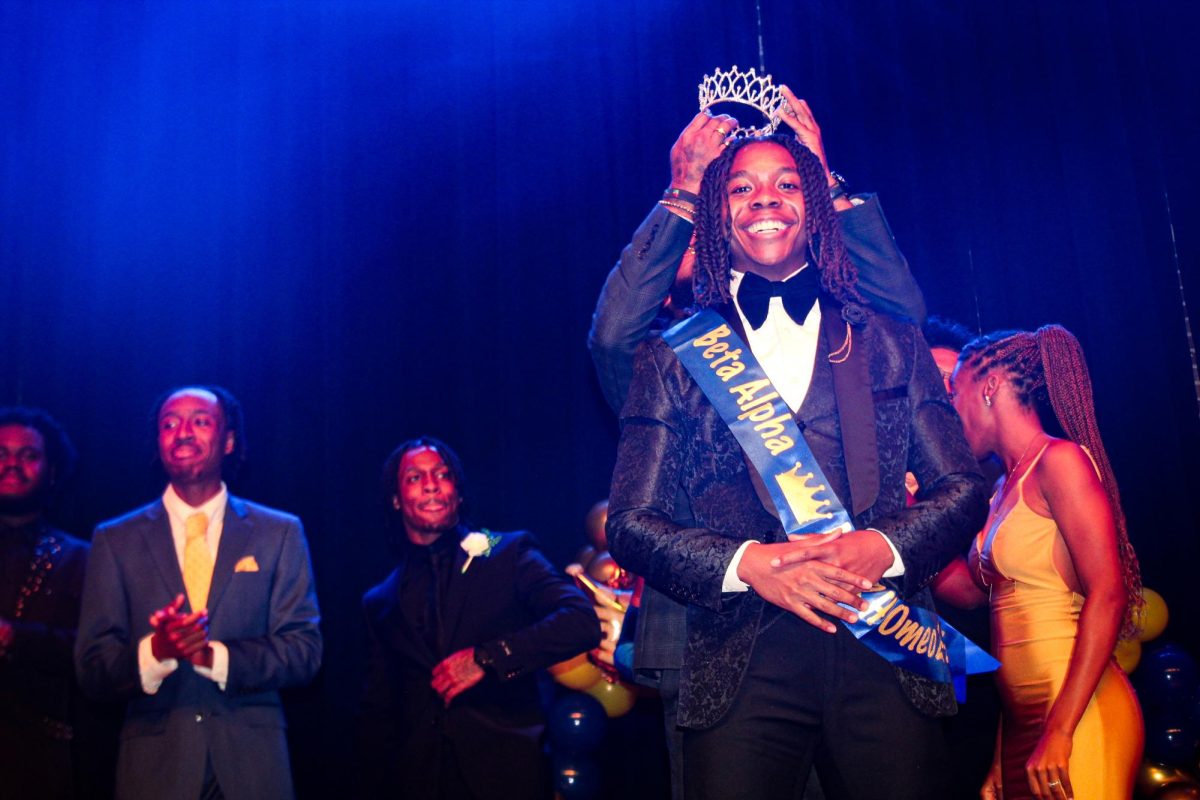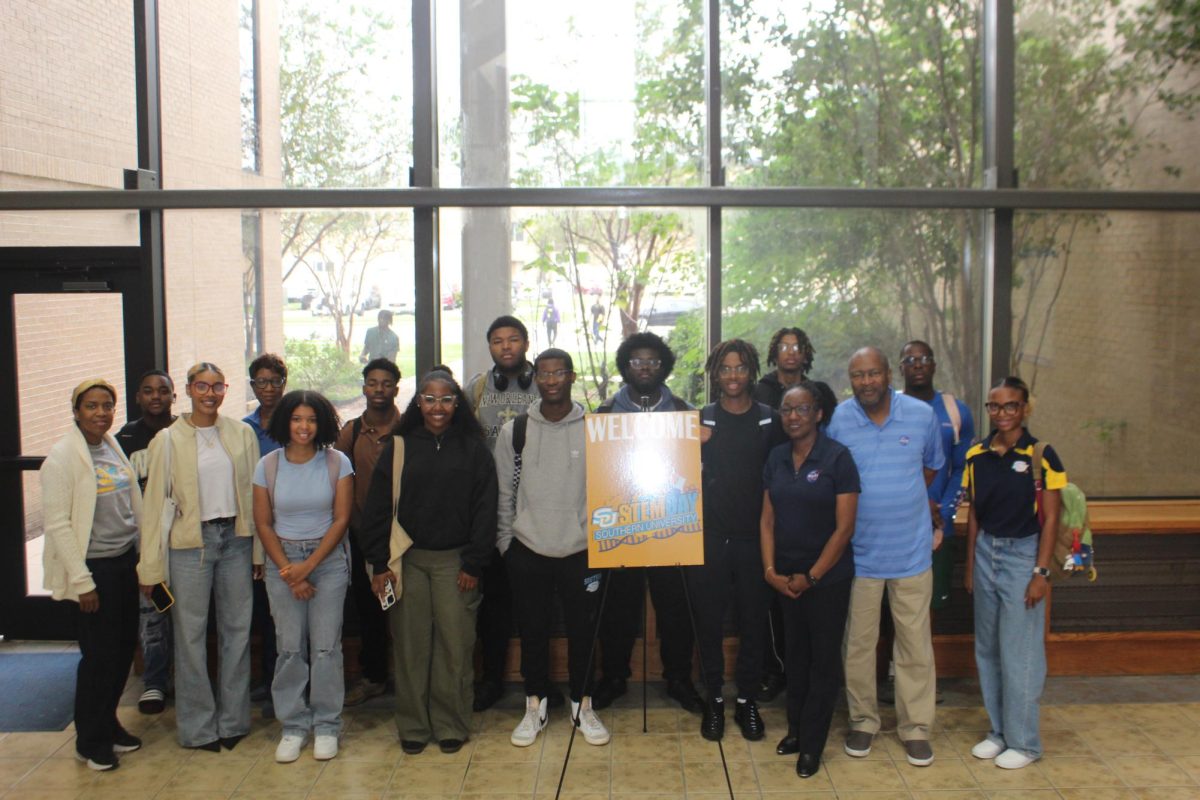Last week, singer, songwriter, and activist, Solange Knowles, released her
much anticipated fourth studio album entitled, “A Seat at The Table.”
Described by many critics as an ode to black existence, the 21 track album features guest appearances from Andre 3000, Sapha, Lil Wayne, Raphael Saadiq, and Tweet. In an interview with The Fader, Knowles briefly described her reasons for making an album with such strong messages of black reaffirmation. “I had to make this album to become a better me, but also a better mother.” Solange said. What feels like a personal testimony to living and building an existence that faces the everyday struggles of racism, police brutality and microaggressions, A.S.A.T.T is an album strictly for the consumption of Black people. Songs like “Don’t Touch My Hair,” “Weary” and “Mad”; are layered with their narratives of struggle, survival and hardships, serve as beautiful critiques to black lives narrated throughout the album. The album is also permeated with thoughtful interludes from her mother, father and rapper Master P. Interludes function as testimonies to the many ways black Americans have had work hard in order to forge an American existence. On track 17, Master P, or Percy Miller spoke about the early days and how he created his music label, No Limit Records. “I watched the Avon lady in my hood, she popped her truck and sell her products,” said Miller in Interlude: No Limits, “So I put all my CDs and cassettes in the back of my trunk and I hit every city, every hood.” Founded in 1990, No Limit Records owned much of the 90s Hip Hop culture and scene, releasing more than 100 albums by 83 artists before going bankrupt in 2001. Knowles, who started working on her album four years ago, did so after an encounter she and her husband had with police. After which, a friend recommended she read Claudia Rankine’s Citizen: An American Lyric. “Constantly reading and trying to challenge the way I articulated things was a huge part of the writing process for this album,” Solange said in an interview with Fader magazine. “Claudia was someone who directly inspired my writing because her poetry cuts through in a unique way,” Not only did Knowles find that uniqueness but she imbued it with pain, and prose, molding it into an album that vividly and unapologetically speaks to the last four years of black American being. In F.U.B.U, a groovy track accompanied by bass and horns, Knowles sings, “All my niggas in the whole wide world, made this song to make it all y’all’s turn.” Solange and her mother discussed these lyrics in a St. Heron interview the two did together shortly before the release of A.S.A.T.T.
“The reality is I’ve been in countless situations where non-black people are singing and saying the n-word around me,” said Solange. She added, “That has been really traumatic for me, and I have constantly had to have that conversation.” Knowles said that she has watched throughout the years how punk music has afforded white kids the ability to express their anger and frustration, a freedom not offered to black youth. Perhaps one of the albums best listens is courtesy of track seven, titled “Don’t You Wait,” Knowles proclaims more than sings. Over a beat that gives the feel of 80s electronic grunge, volleyed with a mixture of 808s and electric piano Knowles declares, “Now I don’t want to bite the hand that’ll show me the other side, but I didn’t want to build the land that has fed you your whole life.” Currently the number one album in the country, A Seat at The Table has added another facet for black voices to speak on the evolving issues that race and its –isms create in American society. A Seat At The Table is currently available on iTunes, Apple Music and Spotify.
Categories:
SOLANGE’S ODE TO BLACKNESS, BEATUY AND EVERYTHING THAT ISNT
October 11, 2016
SOLANGE’S ODE TO BLACKNESS, BEATUY AND EVERYTHING THAT ISNT
0
More to Discover

